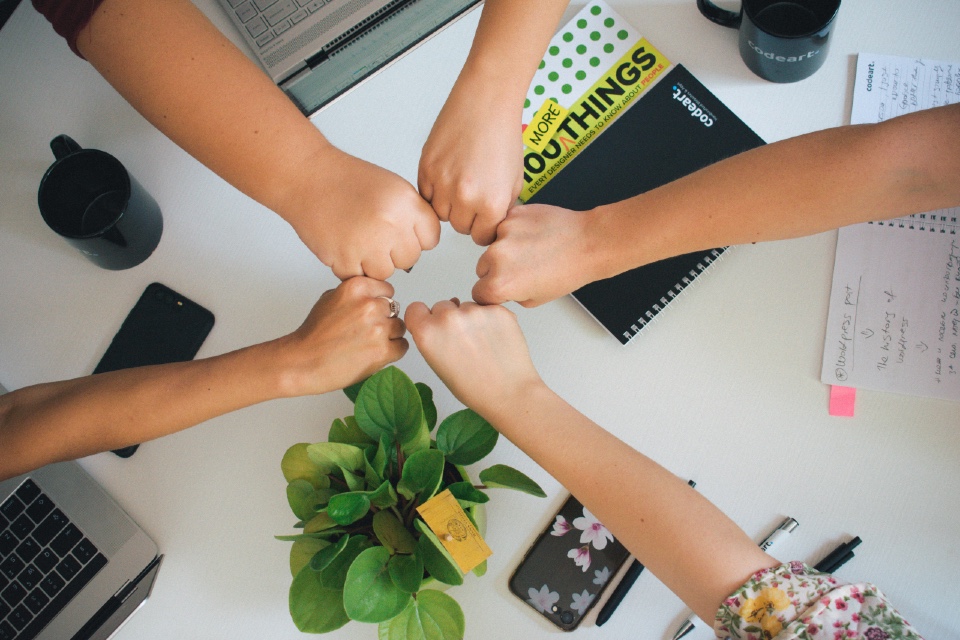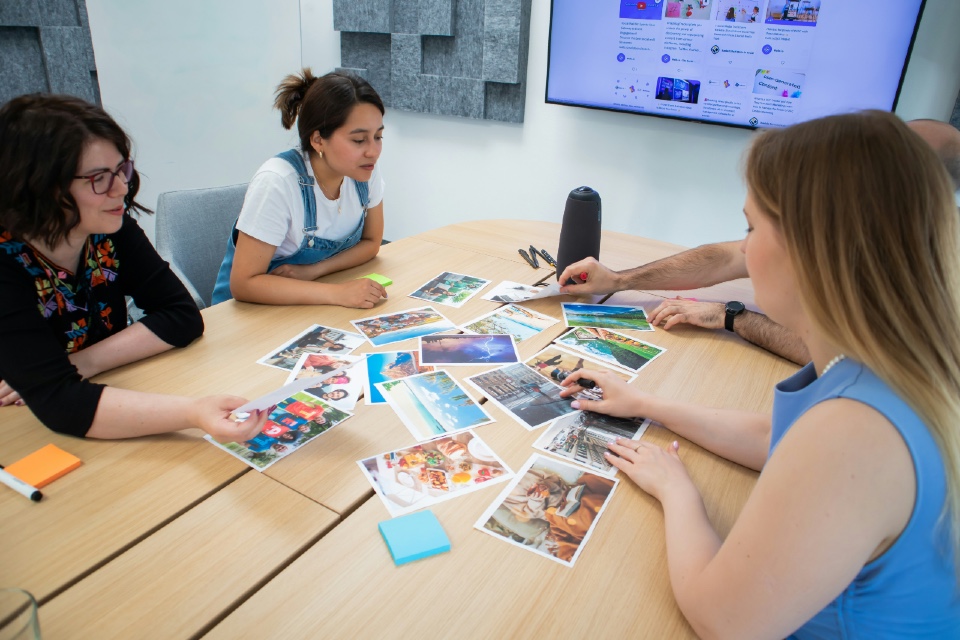Team building has long been a crucial component in the toolbox of Human Resources (HR) professionals. However, the approaches to team building have evolved significantly over the years, adapting to changes in workplace dynamics, technological advancements, and cultural shifts. Let’s these transformations, highlighting the innovative strategies now employed by HR professionals to foster effective, cohesive teams…
In the past, team building often centred on in-person activities designed to build trust and camaraderie among team members. These activities ranged from outdoor retreats to problem-solving exercises, emphasising face-to-face interactions and physical co-location. The underlying principle was that shared experiences and challenges outside the typical work environment could translate into better teamwork within it.
However, the rise of digital technology and the growing prevalence of remote work have necessitated a rethinking of these traditional methods. Today’s HR professionals are increasingly leveraging digital tools and platforms to facilitate team building. Virtual team-building activities, ranging from online game sessions to virtual escape rooms, have become commonplace. These activities are not just about overcoming geographical barriers but also about inclusivity, ensuring that team members, regardless of their location, can participate equally.
Another significant shift has been the integration of team building into everyday work processes. Instead of viewing team building as a separate, occasional event, HR professionals are embedding team-building principles into the daily workflow. This approach includes encouraging collaboration on projects, fostering open communication channels, and promoting a culture of mutual support and recognition. By doing so, team building becomes an ongoing, organic process rather than a one-off event.
Cultural diversity and inclusivity have also become central to modern team-building strategies. HR professionals are now more conscious of creating an environment where diverse perspectives are valued and where every team member feels included and respected. This focus on diversity not only enhances team creativity and problem-solving abilities but also reflects a broader commitment to social responsibility and equality within the workplace.
Furthermore, there has been a growing emphasis on psychological aspects of team building. Emotional intelligence, empathy, and mental wellbeing are now considered vital components of effective team dynamics. HR professionals are increasingly providing resources and training to help team members develop these skills, recognizing that a team’s emotional and psychological health is as important as its technical proficiency.
In conclusion, the evolution in team building reflects broader changes in the work environment and society at large. Today’s HR professionals are adapting to these changes by embracing digital tools, integrating team building into daily work, focusing on diversity and inclusivity, and prioritising emotional intelligence and wellbeing. These modern approaches are not only more inclusive and flexible but also more aligned with the contemporary work ethos, ensuring that team building remains an essential and effective part of organisational success.
Are you searching for Team Building solutions for your organisation? The HR Summit can help!









